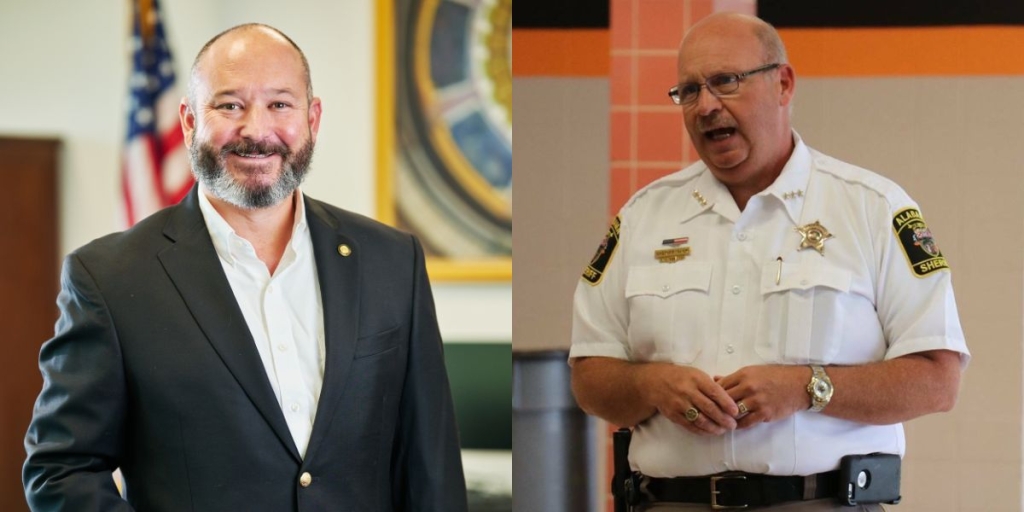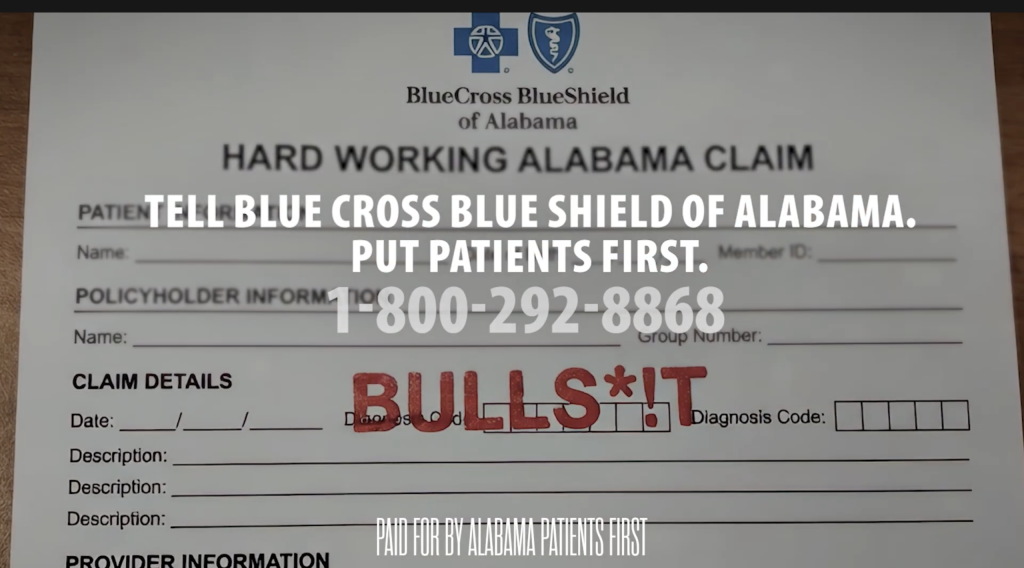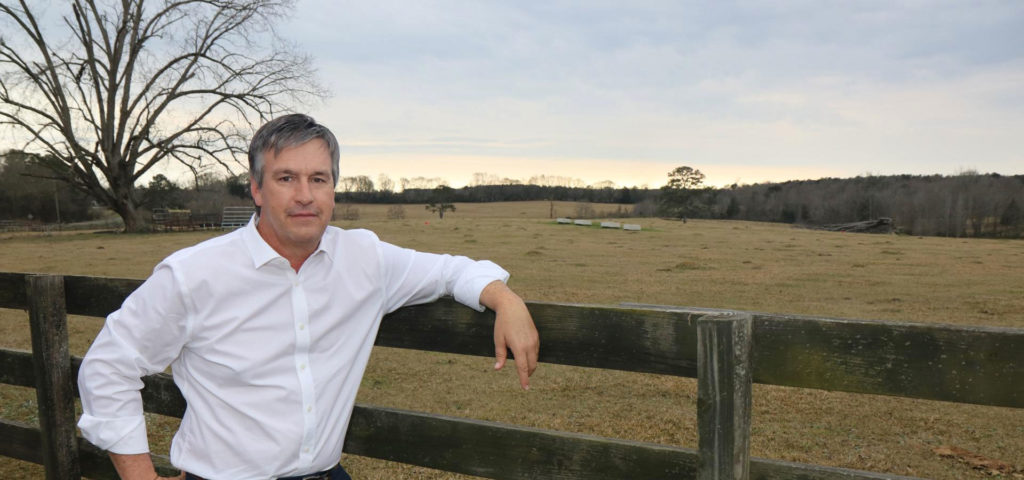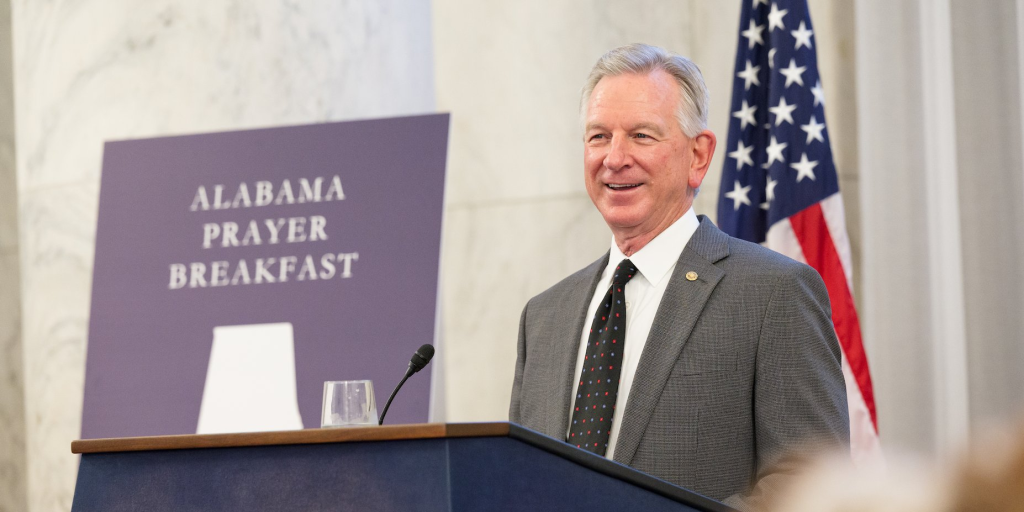On Wednesday, the Alabama Senate Banking and Insurance Committee took up SB232, which would enable the Alabama Farmers Federation (ALFA) to offer health benefits to its members and their families.
While ALFA currently offers insurance products such as life, auto, and rental coverage to members and consumers, under current law, 501(c)(5) nonprofit organizations and those similar are not authorized to provide health benefits in a way that classifies them outside the realm of traditional insurance.
State Sen. Arthur Orr is proposing to make that change with SB232. By allowing a nonprofit agricultural organization – categorically, ALFA – to offer health benefits without being considered as engaging in the business of a health insurance provider, Orr said coverage options could reach new segments of the state’s population.
According to Orr, the target demographic to such a plan often opts out of insurance due to prohibitive costs. He cited other state’s programs, such as Tennessee and Kansas, as a case study for the model’s viability and small percentage of the membership opting for such plans.
“There’s a little bit of difference between insurance and healthcare contracts. Y’all are familiar with that, like ‘Medishare plans’ you hear about it on the radio sometimes,” Orr (R-Decatur) said.
“That’s a healthcare contract. And that’s what we’re talking about today: Not so much insurance. But, I noticed that Iowa had passed something, then along came Kansas, and other states looking at these Farm Bureau-type health plans.”
The bill itself is only four pages long, but would extend a consequential impact to the state’s healthcare landscape in a way that leaves patients and consumers at risk, opponents argue.
“Over many years, many of you have stood in the chamber, and I’ve heard you say the Legislature shouldn’t be picking winners and losers. Make no mistake. This bill is all about picking a single winner: ALFA, and giving only them the right to sell an unregulated insurance product that no other company will be allowed to sell,” Ted Hosp, Blue Cross and Blue Shield of Alabama’s VP of Governmental Affairs, told Senators on Thursday.
“This bill is about giving them a special law to sell a product in a way that gives them advantages that no other insurance company has. All for a product that could cause real people very real harm. Because it allows only ALFA to operate without any oversight and with absolutely no consumer protections. Exempting a single company from all state and federal laws in the name of competition is not pro-business,” Hosp said.
Alabama Farmers Federation President Jimmy Parnell argued SB232 would take Alabama back to a pre-Affordable Care Act environment by emulating models currently in place across six states with more on the way.
“56 years ago, we had this program,” Parnell said. “ACA came along and killed that program. So that’s, this is not brand new for ALFA. We called it ALFA Health back then. A lot of you may have been on ALFA Health at some point in time.”
“What this health plan is – and it’s key to call it a health plan – not health insurance. I would make that, it is our mission to provide assistance, coverage, those type things for our farmers and our members.”
Danne Howard, Deputy Director of the Alabama Hospital Association said she’s concerned the unregulated portion of a health benefit plan would not be considered insurance.
“The confusion in the last speaker kind of hit home with me just a little bit on having a catastrophic insurance plan versus a full coverage plan. I’ve been in that situation myself as a young woman as a divorced mother. It is terrifying to wonder, and to be careful, because you don’t have the insurance coverage for doctor visits or some of the preventative care, but you might have it for catastrophic injuries or illnesses,” Howard told Senators.
“The concern here is there’s no assurance that these plans would also offer that same type of assurance that you would be covered.”
During a tense exchange, State Sen. Vivian Davis Figures (D-Mobile) criticized what she views as a lack of transparency around the proposal and the responsibility being placed on legislators to pass the bill without fully understanding the implications. Among 350,000 ALFA members, only a fraction of whom are farmers, Figures also asked Parnell to describe the intended beneficiaries of the plan and who would bear the financial brunt.
Parnell said the bill’s passage would allow ALFA to detail the services and providers.
“Once you’ve passed it, it’s a pretty defined piece of legislation,” Parnell said. “Then, we contract with somebody, someone, some healthcare provider to carry this product and service it for us. That is, the piece where you would get into the minute details of who’s going to provide that service. ‘Is it Blue Cross? Is it United? Is it whoever?’ I don’t have those answers.”
“I need to pass the legislation,” Parnell said.
The committee opted not to vote on the proposal on Wednesday.
Grayson Everett is the state and political editor for Yellowhammer News. You can follow him on Twitter @Grayson270












